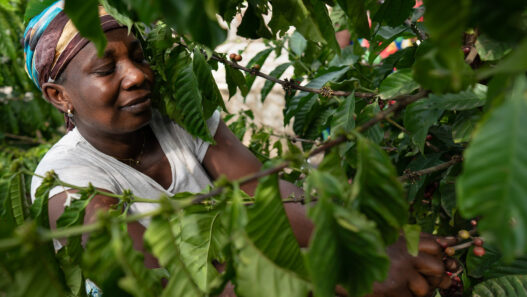
Coffee production in Guatemala is facing a new crisis. No, it’s not roya, climate change, or low coffee prices. It’s all of them, and they are causing greater numbers of workers and some landowners to abandon the coffee farms and migrate north to the United States.
According to a recent article in Time, Guatemala has undergone three decades of migration. Civil war in the ‘80s, “economic crisis, grinding poverty, and natural disasters” in the ‘90s and ‘00s, and gang and domestic violence in current years have all led of hundreds of thousands (of a population of 16.5 million) with no option but to relocate north.
And now troubles with the coffee industry are causing even more to leave. The roya outbreak in 2011 decimated 20 percent of the coffee crop, having a particularly devastating effect on higher-end Arabica varieties. The leaf rust outbreak has only been exacerbated by climate change, with “warmer temperatures spreading the disease to higher altitudes” and also “[increasing] the frequency of droughts, floods, and cold shocks, which can decrease, or at times completely destroy, production.”
At the same time, countries like Brazil, Vietnam, and Honduras had particularly good yields, leading to a drop in the price Guatemalan coffees could fetch. Whereas producers were at one time able to get $170-180 per 100 pounds of coffee, prices today stand around $110, lower than the cost of investment it takes to produce the coffee.
With no money to be made in the coffee field, many Guatemalans are forced to migrate. And according to Time, whereas many would head for Guatemala City, low wages and gang violence have made the journey to the United States much more appealing.
To stay afloat, many coffee farms are taking the advice of ANACAFÉ—Guatemala’s national coffee association—and diversifying their crops to include bananas, plantains, and macadamia nuts. This, the article notes, will help the farms survive the current price dip, but it does little to affect employment, as the new crops don’t require near the same number of people to harvest as coffee does.
It’s easy to forget, especially for those of us not living with the circumstances everyday, that these issues don’t exist in a vacuum. Climate change, unrest, violence, immigration, untenable coffee prices: they are all connected.
Zac Cadwalader is the news editor at Sprudge Media Network and a staff writer based in Dallas. Read more Zac Cadwalader on Sprudge.
Top image via Time.























